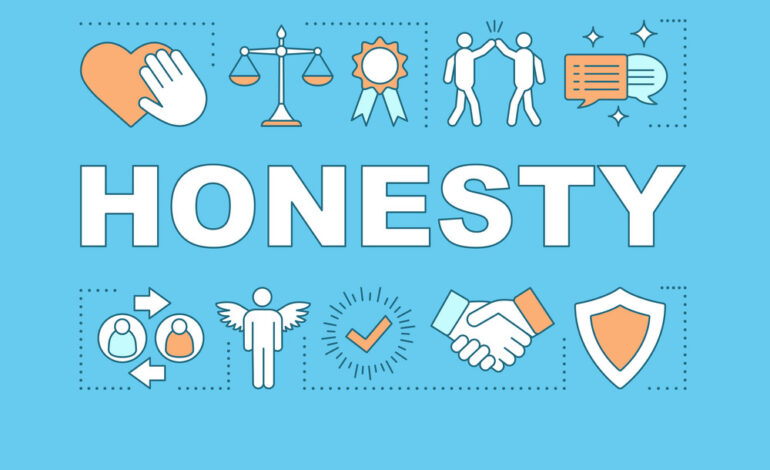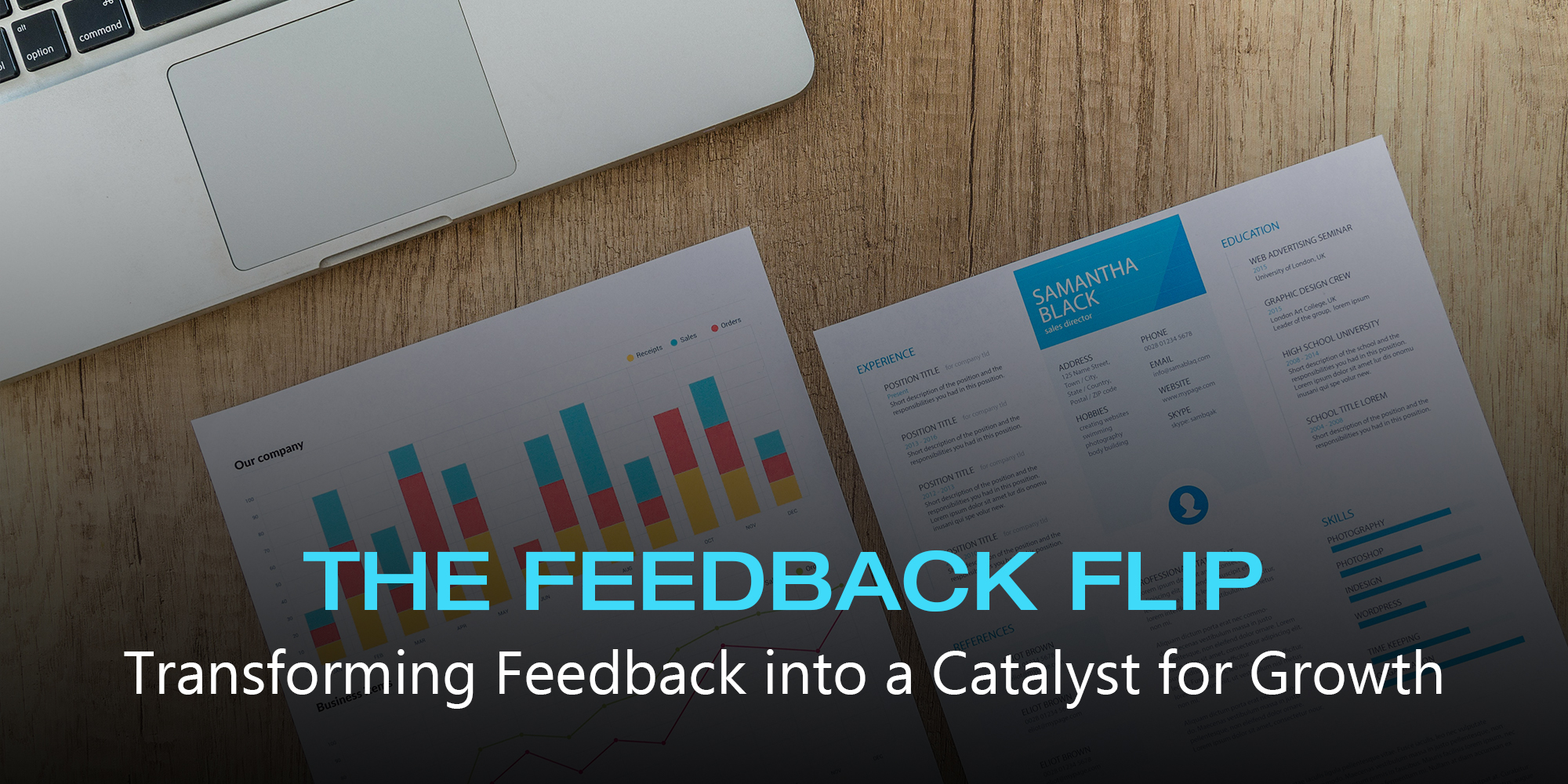
After a long day of work, it’s time to relax and unwind. But why not take this time to think big? That is, if you can’t sleep, why not dream about the future instead? I’ve been thinking about my dreams lately—and what better place to start than with the most important things in your life: goals. As it turns out, setting and achieving these goals is one of the best ways to get where you want to go in life while also having fun along the way!

What are big goals?
Big goals are the opposite of small goals. Small goals are easy to achieve, while big goals aren’t. Big goals can be either personal or professional, long-term or short-term, but they’re all ambitious and difficult to achieve.
When you think about it this way—that your biggest dreams are actually a lot harder than the little things you do every day—you start to see how important it is for your brain to be able to switch from thinking about small tasks like writing an email or making coffee into imagining what those larger achievements will feel like when they happen.
How to set big goals
Once you’ve come up with some big ideas, it’s time to create your goals. These are the stepping stones that will get you to your vision. Here are a few tips for setting good goals:
-Make sure they are specific and measurable. If it is not clear what you have achieved by reaching this goal, then what exactly have you achieved? For example, “I want to make more money” isn’t as good as “I want to earn $100 per day.” It will also help if you can measure the progress towards achieving your goal so that it is easier for others (or yourself) to follow along and see what has been done and how far along the path you’ve traveled.
-The ideal time frame for most goals is within 6 months or less because anything longer than that tends not only become less motivating but also harder because there’s no end in sight!
Why should we think big?
Thinking big is not a new concept. It’s not a new idea. It’s not even a new trend. In fact, it can be traced back as far as the early Greek philosophers and thinkers like Aristotle who advocated for “megalopsychia,” or “greatness of soul.”

So when you think of it this way, thinking big has been around since the beginning of time. But what is it exactly? And why should we think big? So when you think of it this way, thinking big has been around since the beginning of time. But what is it exactly? And why should we think big?
Let’s make our dreams come true
Why are dreams so important?
-Dreams are the foundation of success. Without a dream, you don’t know what to aim for and how to achieve it.
-Dreams are the foundation of happiness. Without a dream, there is no purpose in life and no reason to be happy.
-Dreams are the foundation of life. Without a dream, we would not have anything interesting to do during our lives or any real purpose for living them!
-Your future depends on your ability to dream big and keep dreaming big even after you’ve achieved some initial successes in your career or business – otherwise those initial successes will become worthless because they won’t lead anywhere!
Conclusion
As you embark on your journey to become an entrepreneur, keep in mind that a predictable outcome is not necessarily a desirable one. Instead of seeking perfection, focus on the process and how you can improve it each day. This will help keep your mindset open to new ideas and possibilities as you grow.
At the same time, don’t let yourself be paralyzed by fear or negativity—especially if they come from those who are supposed to have your best interests at heart. Don’t give up too easily when things seem difficult, but remember that failure is part of learning; use it as an opportunity for reflection rather than frustration!
Remember: there are no shortcuts when it comes to success—but there also aren’t any rules about how long it will take you get there (if ever). As long as you stay true to yourself and work hard every day, regardless of what happens around you or how other people react; then success will follow eventually–and maybe sooner than later!









